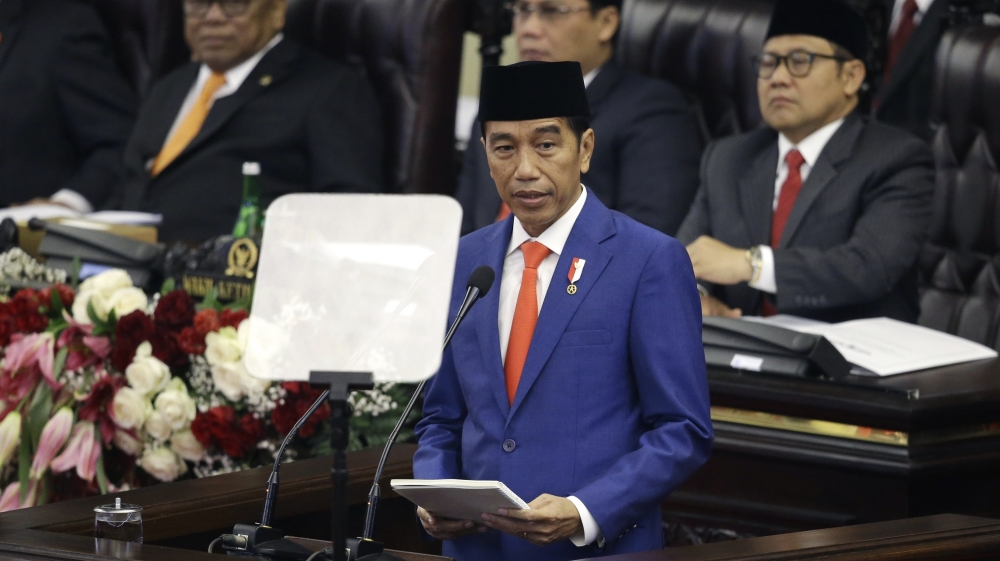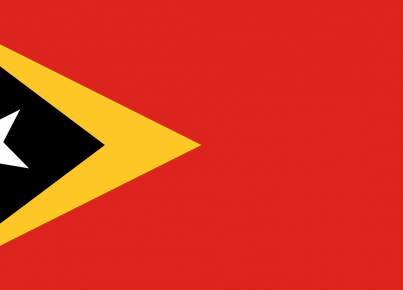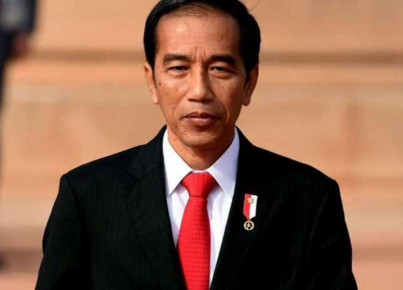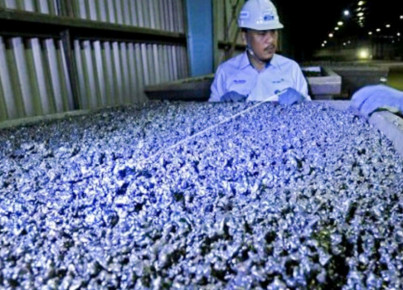A few months after his re-election, Indonesian President Joko Widodo announced the move of the capital from Java to Kalimantan
Jakarta, the capital city of Indonesia located on the Java’s island northwestern coast, has a population of nearly 11 million inhabitants. The enormous surrounding metropolitan area Jabodetabek, name after the five megacities that comprise the area( Jakarta, Bogor, Depok, Tangerang and Bekasi) easily reaches a population of 30 million inhabitants.
A study conducted by Euromonitor International reveals that Jakarta will become the most populous city in the world by 2030, with a total population of 35.6 million inhabitants, surpassing today’s Greater Tokyo.
With a density of over 14,000 inhabitants per km², overpopulation is one of the main problems of the Indonesian capital, in addition to other critical issues, including atmospheric and water pollution.
According to the TomTom Traffic Index 2019, Jakarta is included in the top ten most congested cities in the world, with a road congestion level of 53%, which significantly impacts its air quality level. It is estimated that the inhabitants of Jakarta spend 22 days per year in traffic, with a loss to the economy amounting to $7 billion annually.
Furthermore, there are more problems complicating Jakarta’s current condition: the remarkable rise of sea levels caused by global warming, the massive presence of asphalt and cement that does not allow water to flow into the soil and the excessive extraction of water from underground aquifers, as a consequence of scarce water distribution. In addition, the capital is hit by frequent and dangerous flooding all over the metropolitan area.
Due to these phenomena, Jakarta is sinking at the rate of 25 centimeters per year and half of the city stands already below sea level. A survey estimates that 95% of the northern part of the city will be completely submerged by 2050.
These issues pushed President Jokowi to move the capital from the island of Java, the political and economic heart of the entire nation, to Kalimantan. On August 16, 2019, a mere three months after commencing his second term as president of Indonesia, Jokowi stated that «the relocation of the capital is necessary to achieve economic equality. It serves to achieve the progress of Indonesia».
This is not a new issue in Indonesia, but rather a plan that has been repeatedly discussed for a long time, which Jokowi now aims to carry out. «The plan to move the capital city was considered for many years, since the era of the first President of the Republic of Indonesia, Sukarno. As a great nation that has been independent for 74 years, Indonesia has never chosen its own capital», said Jokowi, explaining that the decision was made to lighten Jakarta and Java from the burden of their functions.
«Jakarta’s burden is currently too heavy being the center of government, business, finance, trade and services, as well as the largest airport and seaport in Indonesia. The burden on the island of Java is getting worse as well, with a population of 150 million, 54% of Indonesia’s total population and 58% of Indonesia’s economic GDP comes from Java, which also represents a source for food security», declared Jokowi. He also emphasized the immediate urgency of facing these issues in order that «this burden on Jakarta and Java, in terms of population density, traffic, air and water pollution, does not become even more onerous».
Indonesia would not be the first ASEAN country to move its own capital city: Malaysia did so in 1999 and Myanmar in 2006. Other countries such as Egypt , Pakistan, Kazakhstan, Nigeria and Brazil followed suit, highlighting a rapidly spreading trend among developing countries.
On August 26, 2019, Jokowi officially announced the move of the capital to Kalimantan, the Indonesian part of the island of Borneo and the second largest province in Indonesia. This area boasts exceptional natural resources and is much less densely populated than Java, with 13 million inhabitants. The choice specifically concerns an area of 180,000 hectares, between the cities of Balikapan and Samarinda, in the eastern province of Kalimantan, which records «a minimal risk of natural disasters, including floods, earthquakes, tsunamis, forest fires, volcanic eruptions and landslides, with its strategic position in the center of Indonesia, bordering developed urban areas with adequate infrastructure» explained Jokowi.
The capital relocation project, which will cost 466 trillion Indonesian rupiah ($33 billion), has been included in the National Medium-Term Development Plan 2020-2025. The start of the first phase of infrastructure development is set for the second half of 2020 ending in 2024. However, the Minister of National Development Planning recently announced that the new capital construction plan will be postponed until 2021, in order to give priority to the emergency situation caused by the Covid-19 pandemic.
Hence, Indonesia is trying to tackle and solve the problems of its capital city, common among many other megalopolises in South-East Asia, setting very ambitious goals. A new, great beginning, just waiting to be put into motion.
By Annalisa Manzo






